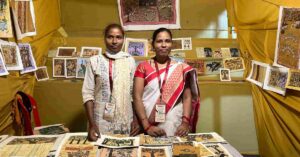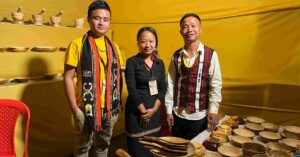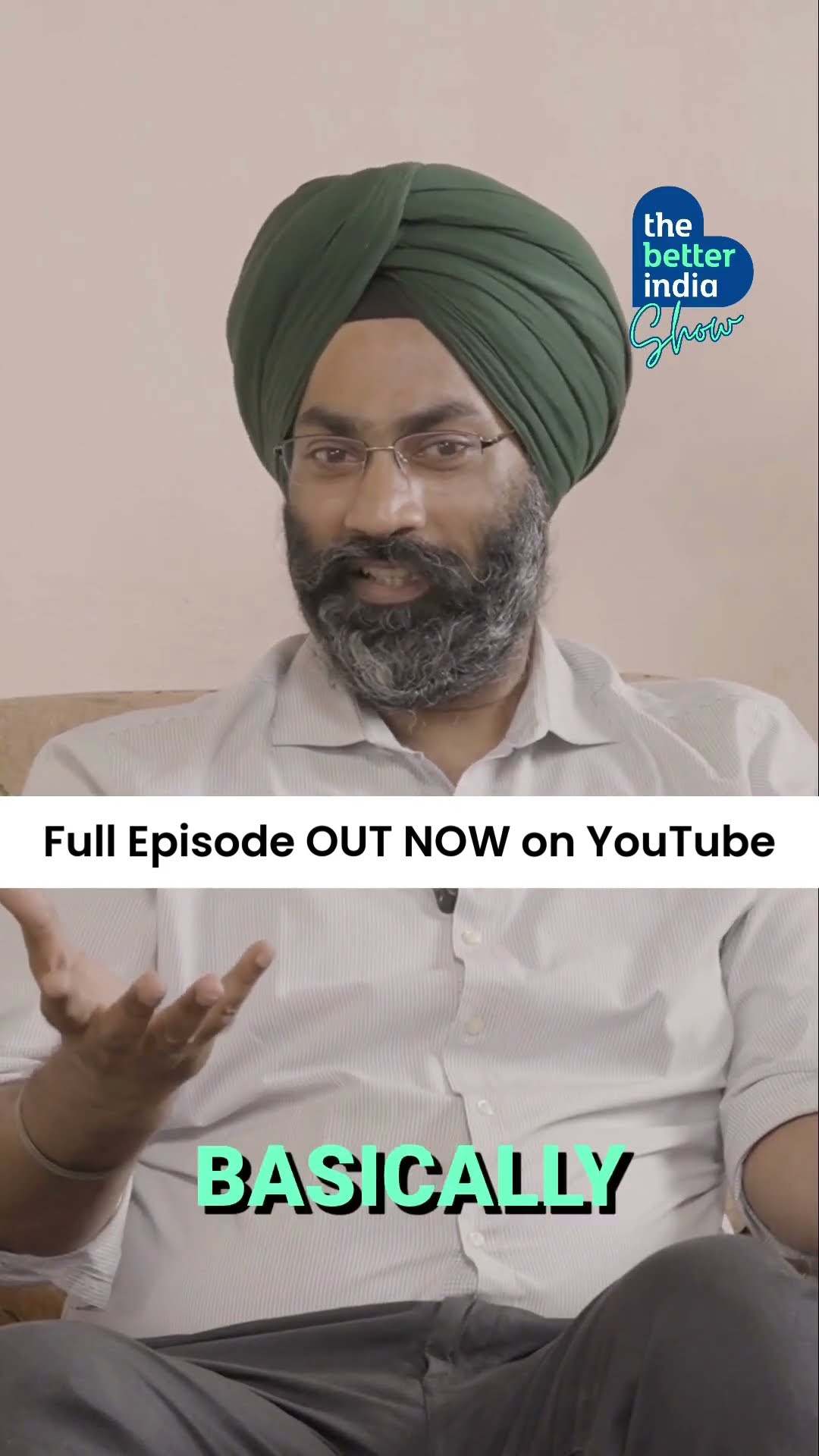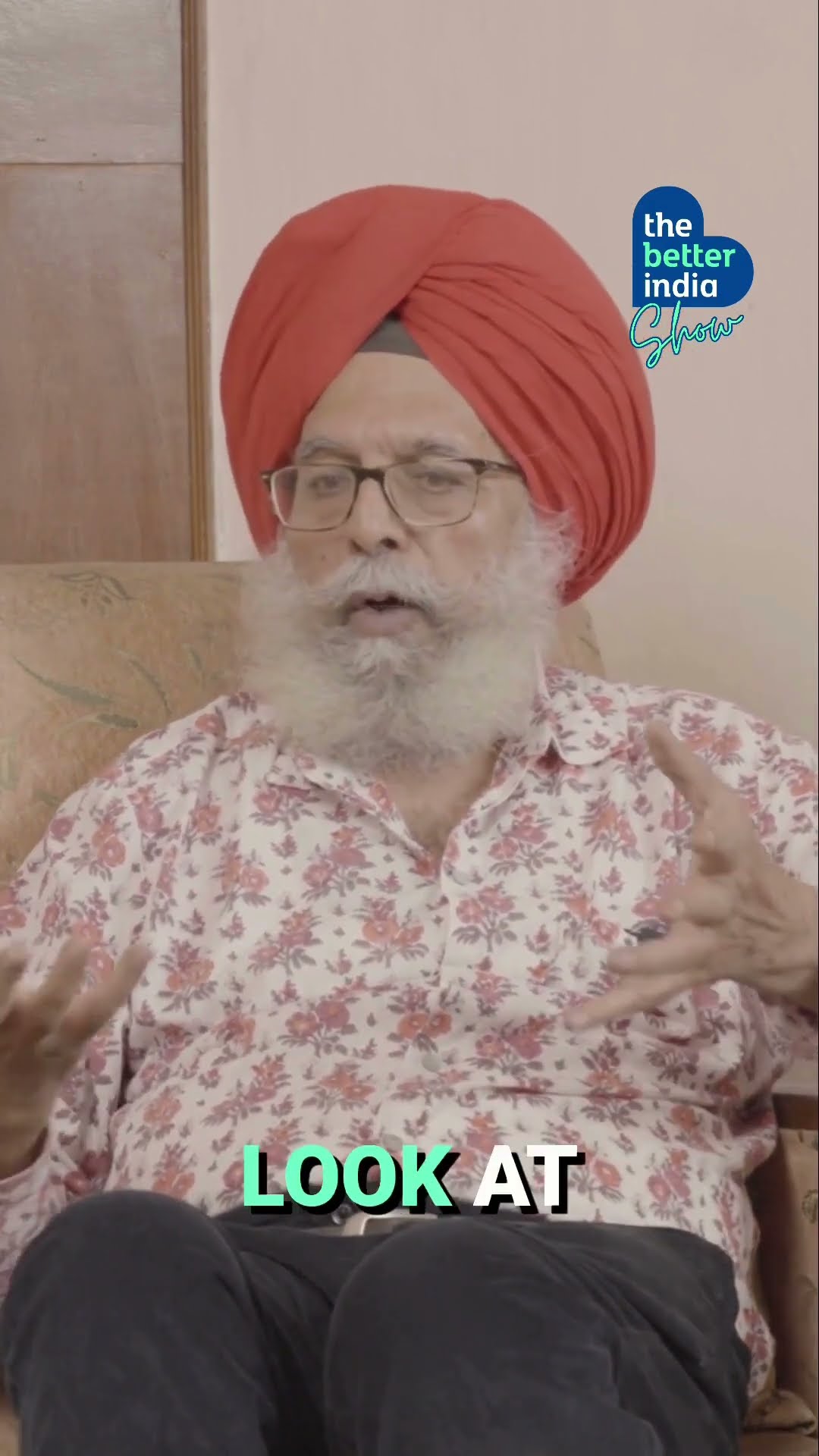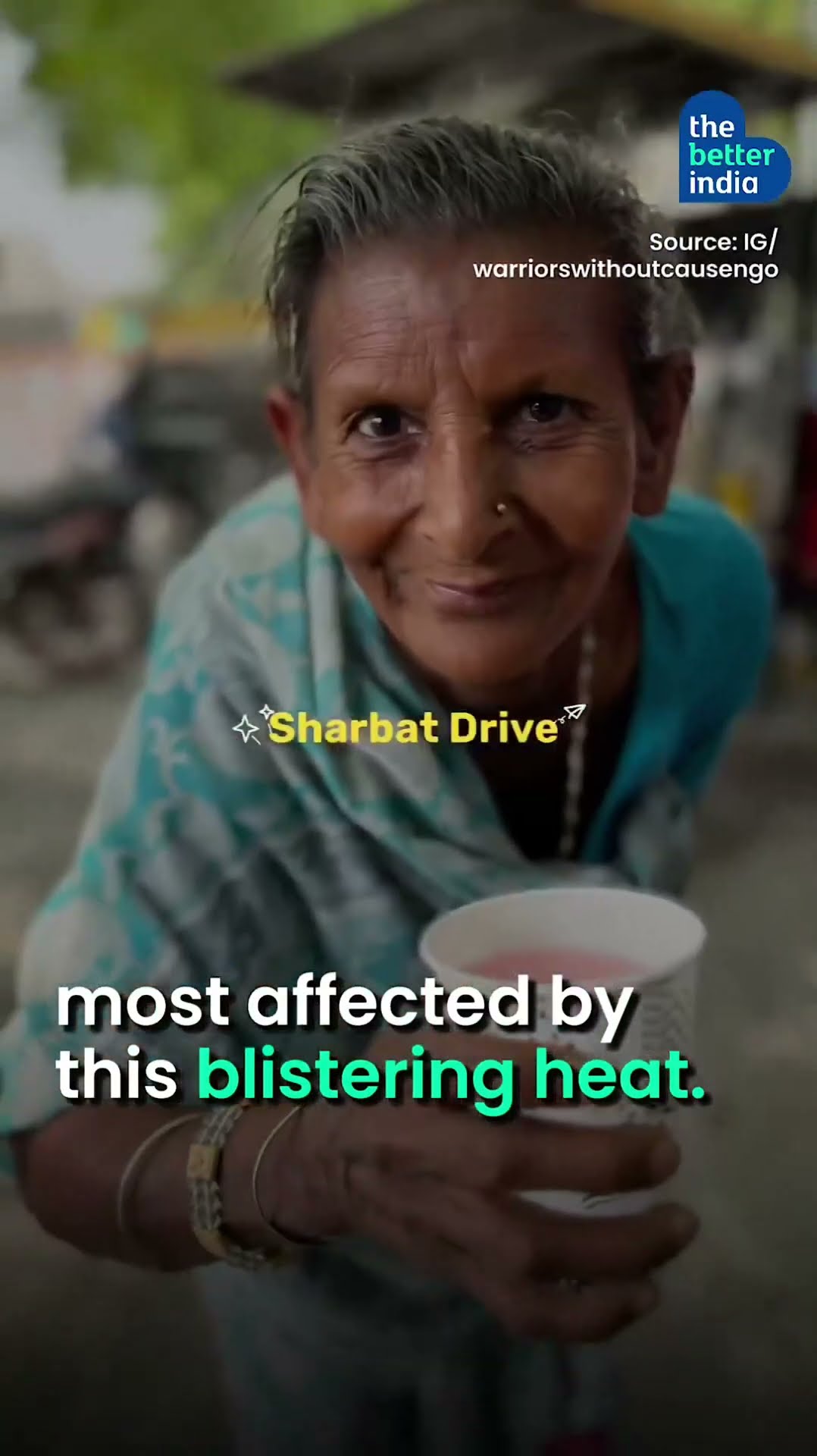It Takes A Virtual Village: 10 Online Groups Helping New Moms Navigate Parenting Challenges
New mothers across India seek support in virtual communities, navigating challenges with peer advice, sisterhood, and solidarity. Covering everything from solid food to sleep training, here’s how these online groups offer a lifeline for women in their parenting journey.

“My baby wakes up as soon as I lay her on the bed. What should I do?”
“How did you make your baby comfortable with other caretakers? I need to start work next month.”
“I’m facing a lot of hair fall. I feel like I will go bald soon. What can I do?”
“I’m starting solids soon. What should I start with? Should I follow baby-led weaning or traditional weaning?”
It takes a village to raise a child. Ask any mother, and she will agree. Earlier, these villages were found quite literally, in homes, and neighbourhoods. When we were growing up, we would spend a lot of time playing downstairs or in our neighbours’ houses. In joint family settings, the village was present within the home.
In increasingly nuclear households, we, as mothers, don’t have that privilege. This leads us to look for villages in the virtual world. Since we also want to raise our children using modern methods and, often being single children or having just one sibling, we tend to seek support from peers experiencing similar situations.
From navigating the challenging postpartum period to receiving tips on feeding — whether it’s breastfeeding or formula — and starting solids, sleep training, and much more, virtual support groups have become a new mother’s go-to village in the 21st century. The questions mentioned are some of the most common ones you can find in any new mother’s support group.
Personally, I found abundant help through these groups on Facebook and WhatsApp, where one can ask questions without fear of judgment and receive instant replies from the thousands of moms who are either going through the same dilemma or have already passed that stage.
Take 32-year-old Rohini’s example. The first-time mother had a complicated pregnancy that led to her facing severe postpartum depression. Her friend coerced her to join a WhatsApp group for new mothers, where she found instant answers to her many queries.
“I was unable to breastfeed and was pressured to give formula by the elders at home. This gradually led to a reduction in my breast milk, adding to my guilt. I found many contacts for lactation consultants through this group, through which I worked on increasing breast milk supply,” Rohini tells The Better India.
The best part though, she adds, is the sisterhood she found through this group. While a set of mothers advised her on how she could improve her milk supply, another set also assuaged her by saying there was nothing wrong with giving formula to a baby.
“They made me understand that a fed baby is what matters at the end of the day, which took a huge load off my back. I could vent and share the tiniest of troubles, and there was always somebody to listen. This group has been one of the biggest blessings,” she shares.
The ABCs of feeding
Just like the WhatsApp group Rohini is a part of, there are several others on the platform. While many such groups have shifted to WhatsApp due to ease of access, this movement of sorts really began on Facebook, sometime in the 2010s.
The first question that any new mother has after the birth of her child is about breastfeeding, which makes the requirement of such a group essential. Adhunika Prakash found herself alone in Ireland as she navigated the questions around breastfeeding and motherhood. She found support on an Irish breastfeeding group on Facebook. Not finding a similar one in India, she started ‘Breastfeeding Support For Indian Mothers’ (BSIM) in 2013, which has grown into one of the largest communities online, with almost 1.5 lakh members.
“I felt lonely and had no one to talk to about the challenges I was facing. I found that many of my friends and colleagues too had similar queries. Fact is, no one talks about how difficult the journey of breastfeeding and motherhood is. I started this group for mothers to unite and get answers,” Adhunika shares.
The community, through experts such as lactation counsellors and educators, offers tips and accurate information on lactation, how to wean off formula, and more. Besides the experts, other mothers too weigh in and share tips through their own experiences.
BSIM was named one of the top five Facebook groups in the world in 2018, thanks to its reach. Besides creating a community, BSIM also conducts webinars and offers one-on-one lactation consultation services.
The most common questions that the group receives are around breastfeeding post six months, and weaning off formula, informs Adhunika, who has also written a book called Breast Potion, advocating breastfeeding.
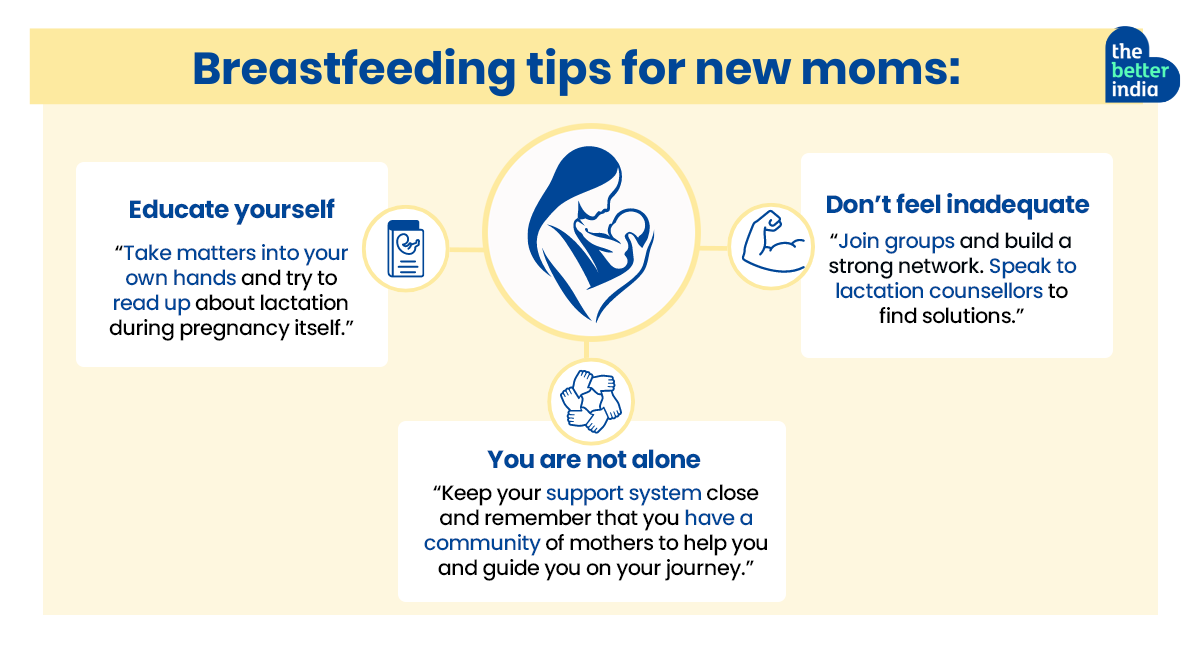
Just like BSIM, there are groups for formula-feeding mothers too. ‘Formula Feeding Moms of India’ was conceptualised to provide mothers with a guilt-free, happy community with no judgment. Here, queries around the quantity, formula brands, methods, feeding accessories and more are discussed.
“A happy mother will have a happy child. A fed baby is the best. Whether it’s out of choice or compulsion, do what is best for your child and you,” says Swati, who formula-fed her baby.
Just as mothers begin finding a rhythm with feeding, the next big challenge is starting solids. There are two popular methods followed among new mothers — one being traditional weaning, which is typically the parents feeding the child, also called spoon-feeding, and the other being baby-led weaning (BLW), where the baby is encouraged to eat by himself or herself right from the beginning.
This transition is a very confusing time for new mothers — right from deciding which method to follow, what to offer, how much to offer, when to offer, and much more.
This is where Facebook groups — like Traditional Weaning (Introducing Solids) India, with over 1.4 lakh members, and Baby Led Weaning for Indian babies – Recipes and Techniques, with over 45,000 members — and many WhatsApp groups again come to the rescue.
In addition to these groups, many nutritionists and new mothers are offering useful tips and tricks on Instagram through live sessions and even providing quick replies to their direct messages.
Gunjan Dewan is one such content creator who shares tips on starting solids through her Instagram page @tickletales_. The new mother started this page in June 2023, after her son Kiaan turned six months old. She wanted to fill the gap in information around starting solids and BLW in India. She also started a Tickle Tales Mommy Support and Daddy Support group on Telegram.
“Most of the information available around BLW is very Western and doesn’t work around the Indian context. I read a lot of books and blogs, and attended workshops by child nutritionists to help me feed my son. I decided to share this with other mothers,” she shares.
The most common questions she gets are about how to get their babies to eat more, how to know if their baby is eating enough, and how to deal with toddler tantrums!
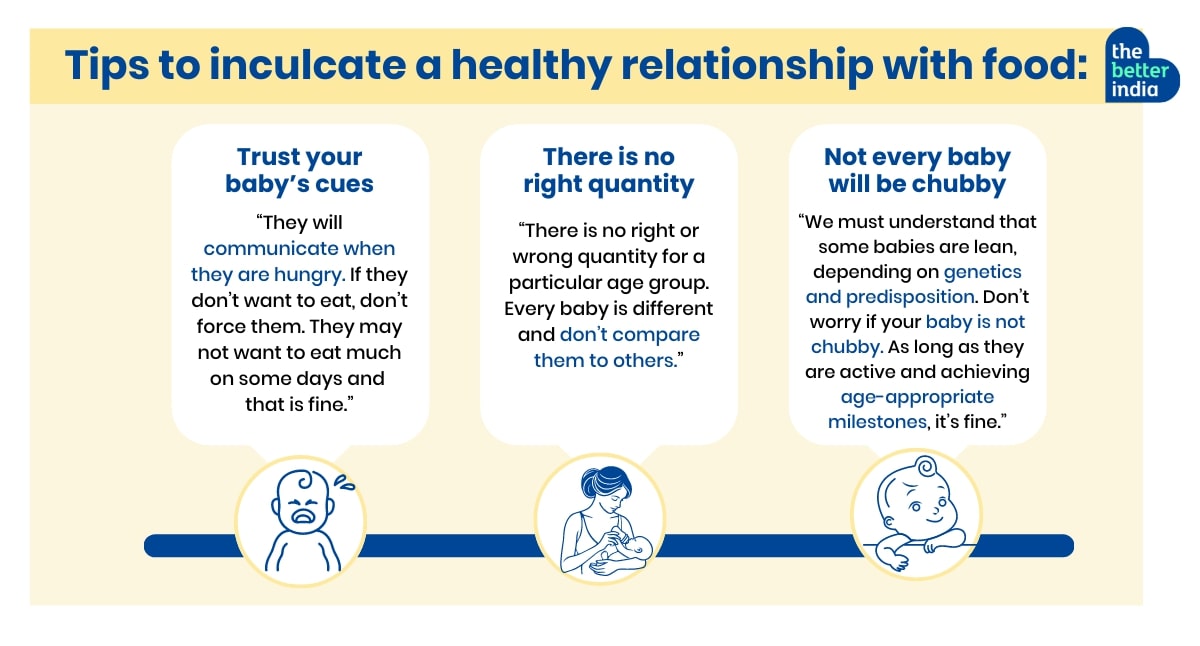
For the 55,000 followers, Gunjan provides healthy recipes, meal plans, and tips to make their babies’ journey into solids a smooth one.
Hush little baby
The second question that every new mother faces is about sleep. How many naps a day should a baby take at different age groups? — is a very important question that plagues mothers.
Here too, peers come to the rescue through groups like Gentle Baby Sleep India on Facebook. The group was started by school friends Himani Dalmia and Neha Bhatt in 2016, who were new mothers at the time. The two reconnected through existing support groups like BSIM. They found that there were a lot of questions asked about baby sleep, a big pain point for parents.
“We both read and learnt a lot about baby sleep. There wasn’t much information in an Indian context, and the Western sleep training principles wouldn’t work for us. It focuses more on the crying method and making babies sleep independently. We started working on ways that work in our cultural realities, where babies share a bed with us,” Himani shares.
Gentle Baby Sleep India, with over 60,000 members, focuses on the ‘secret sauce’ to baby sleep and building a routine. The founders use science and evidence-based approaches to building a good schedule for babies.
The most common questions range from ‘When will the baby sleep through the night?’, ‘Why does the baby take short naps?’, and ‘Why do they wake up as soon as we put them down?’
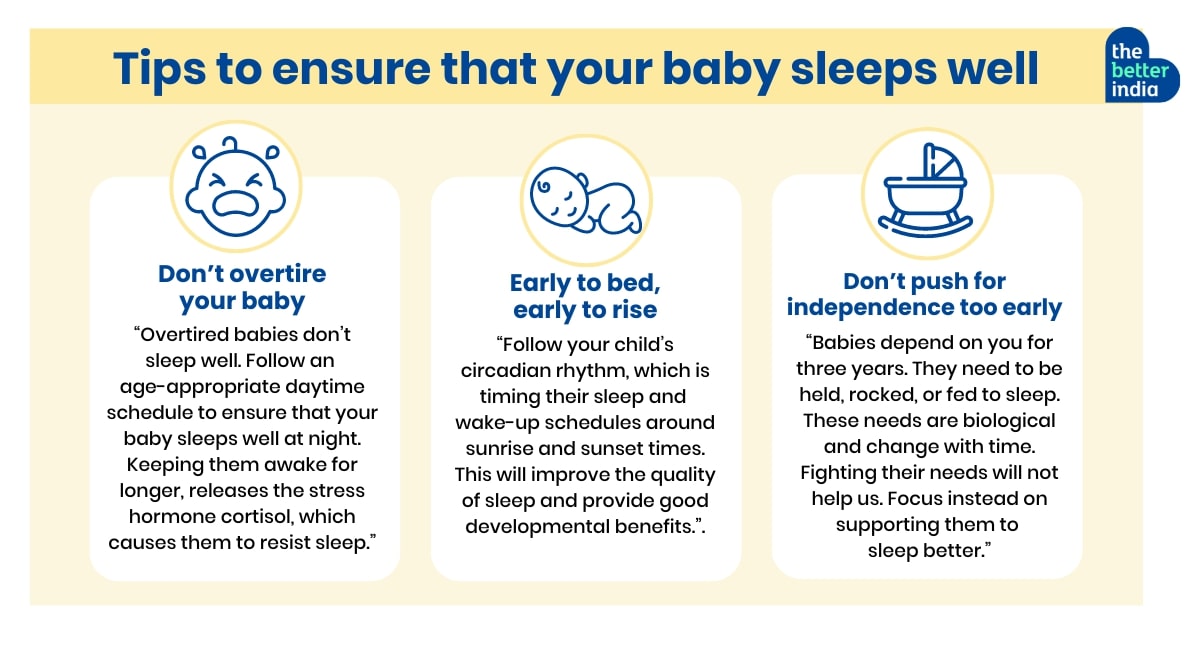
And everything in between
Apart from these concerns, there are many other virtual groups focused on holistic support like Gentle Parenting India and addressing specific concerns like Cloth Diapering India, Babywearing India, and many more.
“The Cloth Diapering India Facebook group is a boon for young parents who want to use cloth diapers for their babies. It has the most helpful set of parents who answer every query and help in every way possible. It also has tons of information on everything related to cloth diapering. We exclusively cloth diapered our son (didn’t use any disposables) and couldn’t have done without it,” Sonika Bhasin shares.
Another pair of school friends who reconnected in the throes of motherhood are Vidya P and Neelufer Mulla, who run New Mother, a postnatal service for new mothers.
Their own struggles with handling the 180-degree change in life after delivery led to them starting a blog, which later turned into a course called ‘First Forty Days: After Childbirth’, which prepares a new mom for everything that follows post-childbirth. They also run an Instagram page by the same name, an application, and a support group on WhatsApp.
“How we were before childbirth and after are two completely different people. No one gives you a heads-up about this. Our aim is to let mothers be confident by tuning into their intuition. We created this programme as a source that every mother can fall back on,” Vidya shares, adding that her tip to new mothers is to accept the change in their lives.
Pratyusha, a new mother, shares that these groups provide logical answers to her queries. “Knowing that someone else is sailing in a similar boat feels comforting. The group I am a part of is a platform for everyone to grow together,” she shares.
These virtual groups offer comfort, sisterhood, and a supportive ear, fostering enduring friendships along the way. They lift you up, offering words of encouragement, affirming, “You’re doing an amazing job, mama!”
Edited by Pranita Bhat; Feature Image Courtesy Gunjan Dewan
If you found our stories insightful, informative, or even just enjoyable, we invite you to consider making a voluntary payment to support the work we do at The Better India. Your contribution helps us continue producing quality content that educates, inspires, and drives positive change.
Choose one of the payment options below for your contribution-
By paying for the stories you value, you directly contribute to sustaining our efforts focused on making a difference in the world. Together, let's ensure that impactful stories continue to be told and shared, enriching lives and communities alike.
Thank you for your support. Here are some frequently asked questions you might find helpful to know why you are contributing?



